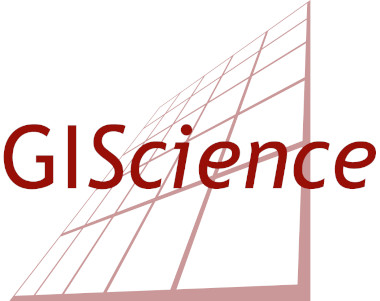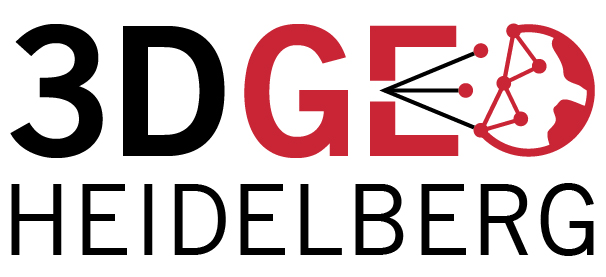A paper for the Academic Track of the State of the Map Conference, Milan, has been accepted. We are looking forward to discuss with you following aspects:
A growing number of studies analyzes OSM data, its contributors, usage, and quality.
Such studies were mostly limited to analyzing either small samples of the OSM database or to simple types of analyses due to the limitations of existing services and software operating on OSM’s full history data, which includes all data and every change made on a global scale. OSM data and contributor monitoring over longer timeframes and covering larger areas could provide more comprehensive insights about the OSM community and the data it are producing, also including spatial variations and evolution over time.
In order to better monitor and understand OSM mapping, mappers and the produced data quality, HeiGIT developed a software platform called ohsome.org that applies big data technology to OSM full history data. This framework allows detailed analyses of the OSM data evolution and the detection of remarkable patterns over time. The setup of the framework, including openly accessible APIs, will allow interested community members and researchers of varying level of experience to conduct analyses with different levels of complexity.
Initial analyses that have been conducted using the framework focused on user activity monitoring, addressing the following questions: Is OSM retaining new mappers? How many people participated in a specific area over time? How many new mappers have been active in contrast to experienced mappers? These analyses enable the detection of user activity patterns in different regions over time. Results can provide an overview of less and more actively mapped places in the OSM database. As all changes are considered, temporal patterns can be detected as well as changes due to individual users´ activity. Such insights can help to understand user behaviour and help to get a better sense of areas that are not well represented in the OSM database and community.
These analyses are initial examples that show the potential of our framework. Further analyses will be discussed and addressed in collaboration with the OSM community and interested researchers.
The talk will also be complemented by a workshop to enable attendees to learn how to make use of the framework for their own research questions and analyses.
More information will be presented a at the State of the Map Conference 2018, Milan. Looking forward to see you there! Stay tuned for further updates!
Auer, M.;M. Eckle; S. Fendrich; F. Kowatsch; S. Marx; M. Raifer; M. Schott; R. Troilo; A. Zipf (2018 accepted): Comprehensive OpenStreetMap History Data Analyses – for and with the OSM community. State of the Map Academic Track. Milan.



